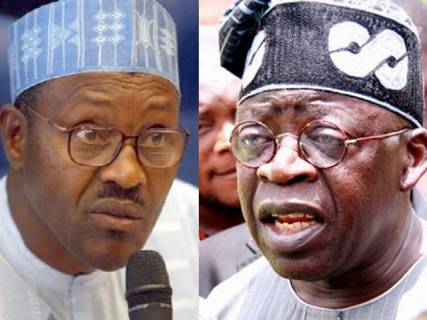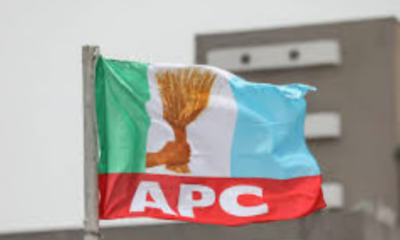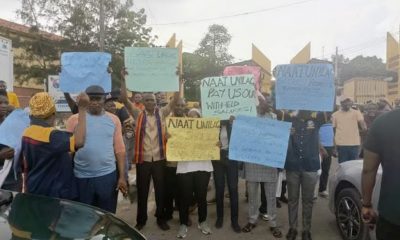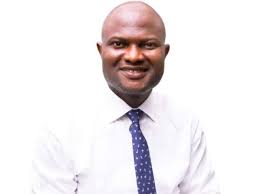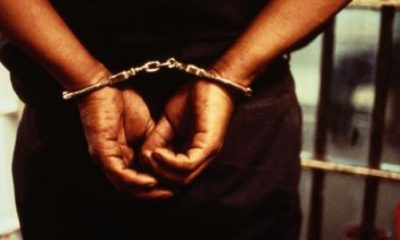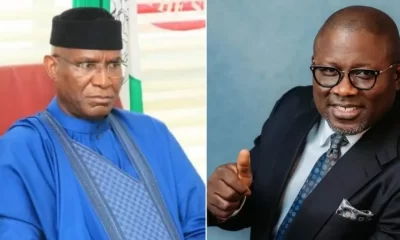Tinubu in the statement declared: “Observing May 29 as democracy day delinks the country’s democratic experience since 1999 from the protracted and bitter struggle against military dictatorship from June 12, 1993, till the forced exit of the military in 1999.” He maintained that the democracy that prevails in Nigeria was not won on peaceful and comfortable “platter of gold”; he maintained that the democracy was not given; but a product of sweat, tears, blood, pain, toil and anguish for millions of Nigerians. Tinubu further declared: “…Without those who stoutly stood on June 12 and sacrificed life, limb, freedom, economic ruin, psychological devastation and more in the battle against tyranny, there would most certainly not have been any May 29, 1999, handover to commemorate.”
National Daily inquiry revealed that while Nigerians were licking the bitter pills of justice listed by Tinubu in the struggle for actualization of June 12, President Buhari was in the appointment of late General Sani Abacha, the then head of state, as Chairman of the Petroleum Development Trust Fund (PTF) as the time the struggle persisted and the government was most hostile to June 12 agitators, unleashing the bitter experiences Tinubu listed above on millions of Nigerians.
ALSO READ: Buhari knows he lost 2019 presidential election – Onovo
Tinubu, however, commended President Buhari for signing into law the bill passed by the National Assembly recognizing June 12 as Democracy Day and a public holiday. “…For, thanks to the administration of President Muhammadu Buhari and the assent of the National Assembly, we are for the first time today celebrating our democracy as a nation on a historic day, June 12, which coincides with the day that the seed of today’s democratic sprouting was sown 26 years ago,” the APC national leader declared in part.
Tinubu, in the statement declared in part: “Observing May 29 as democracy day delinks the country’s democratic experience since 1999 from the protracted and bitter struggle against military dictatorship from June 12, 1993, till the forced exit of the military in 1999. Without those who stoutly stood on June 12 and sacrificed life, limb, freedom, economic ruin, psychological devastation and more in the battle against tyranny, there would most certainly not have been any May 29, 1999, handover to commemorate.
“The democracy we enjoy today was not won on a peaceful and comfortable “platter of gold”. It was not gifted to Nigerians by a benevolent military regime. It is the product of the sweat, tears, blood, pain, toil and anguish of millions of Nigerians. That is why we can never afford to take it for granted or do anything to threaten its existence.
“June 12 must serve as a continual reminder to Nigerians on the imperative of pursuing the cause of justice in all spheres of our lives at all times as a necessary condition for peace, prosperity and progress. As we kick off from today the annual celebration of June 12 as Nigeria’s Democracy Day, let us renew our commitment to utilizing democracy as a vehicle for eliminating poverty in our land as well as providing prosperity and life more abundant for the teeming millions of our people.
“It was indeed his deep aversion to poverty and the avoidable suffering of the majority of our people that compelled Chief MKO Abiola to contest Nigeria’s presidency and thus his campaign slogan was “Farewell to Poverty”. The problem of poverty remains primal and fundamental in our land today. Indeed, at the root of the severe existential challenges, which confront the country today such as religious extremism, terrorism, banditry, kidnapping, cultism, ritual killing, armed, robbery, communal violence and herdsmen/farmers clashes among other is the protracted economic crisis that has worsened poverty, unemployment and inequality in Nigeria over the last four decades.”

 Business7 days ago
Business7 days ago
 Business6 days ago
Business6 days ago
 Education7 days ago
Education7 days ago
 Football17 hours ago
Football17 hours ago
 Crime7 days ago
Crime7 days ago
 Covid-197 days ago
Covid-197 days ago
 Business7 days ago
Business7 days ago
 Latest5 days ago
Latest5 days ago
